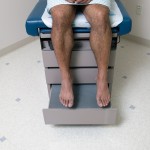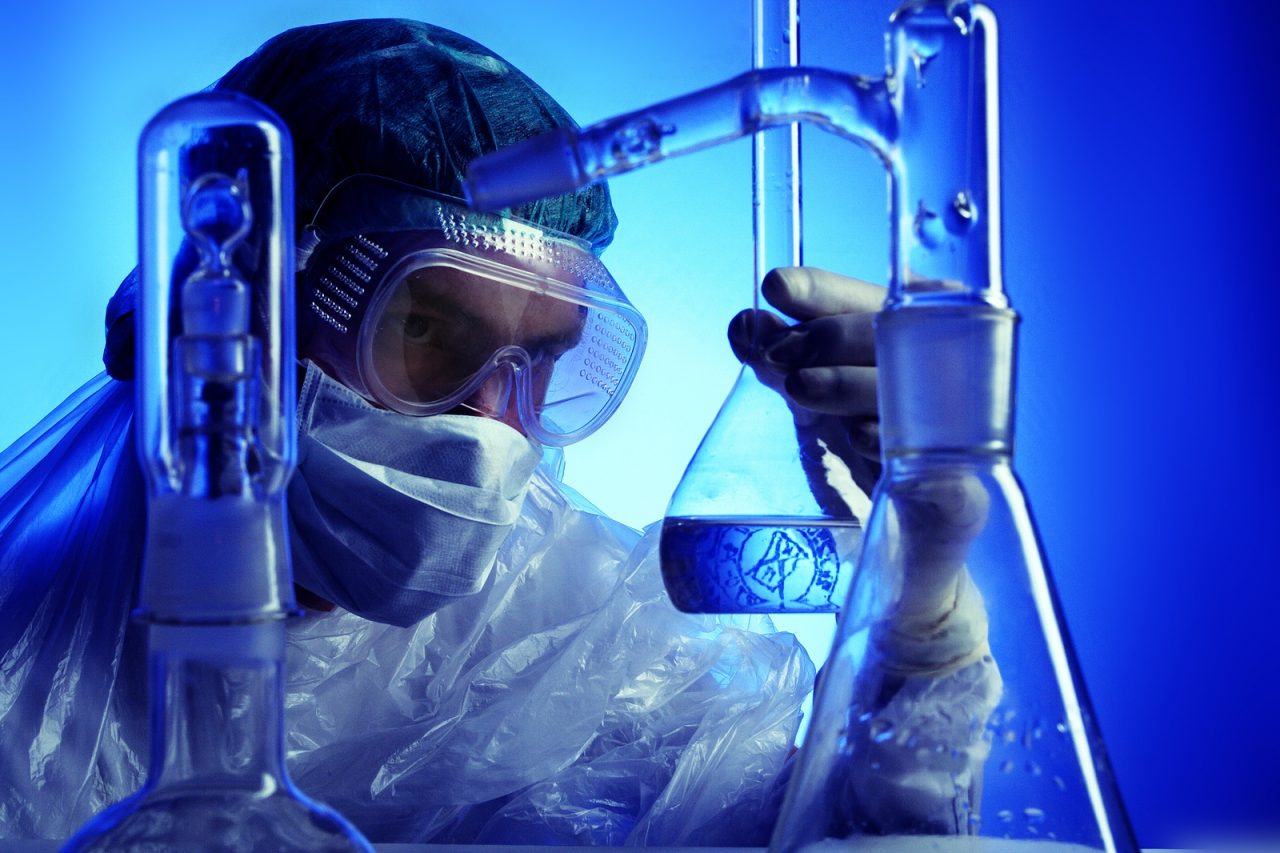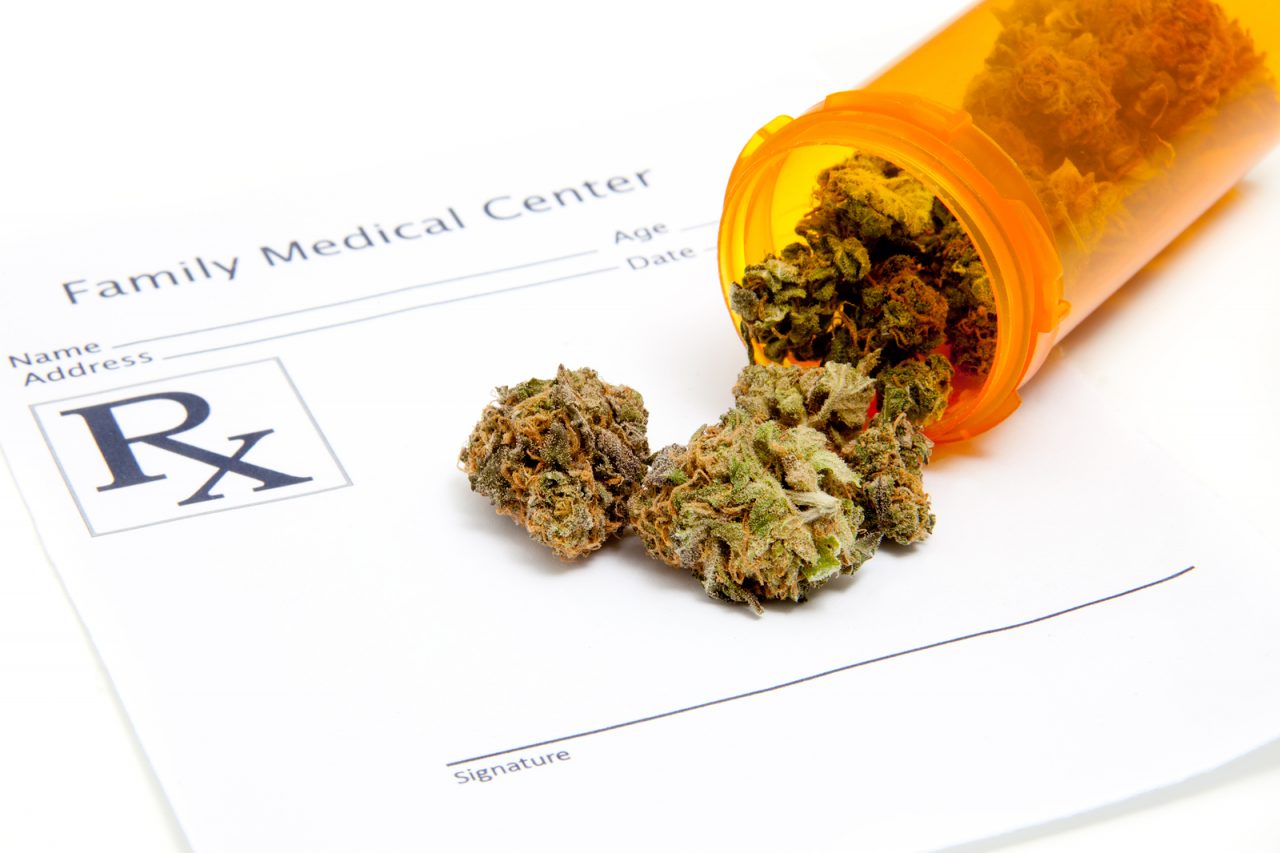Yesterday I saw a young woman treated for Stage II breast cancer, four years ago. At that time she underwent a lumpectomy, received intravenous chemotherapy, had radiation therapy and has since taken the estrogen blocker pill, Tamoxifen. She feels fairly well, except for hot flashes, a nearly universal side effect of that drug. Our meeting was uneventful and to reassure her at the end of the visit I said, “There is absolutely no evidence of cancer, you are in complete remission.” Baffled she answered, “That is really wonderful, Dr. Salwitz, but am I cured?”
Perhaps the most frightening things about cancer is the sense of the unknown; what does the future hold? “Is the cancer going to come back?” “If it does will it still be treatable?” “Will I die?” “What does that ache in my back or the spot on my thigh mean?” Cancer survivors balance day-to-day life with uncertainty. The antipathy between remission and cure magnify this inner conflict.
The medical terms partial (PR) and complete (CR) remission are clearly defined. A partial remission is a significant, usually more than 50%, reduction in the measurable size of all the cancer in a person’s body, not just a single mass, using whatever markers work for that specific cancer, be it X-rays, blood test or physical exam. A partial remission means that the cancer therapy is working to kill the disease, which is a very good thing, however measurable cancer remains.
A complete remission means that using every test available the most detailed analysis shows no evidence of cancer. Every blood test and radiology study is clear, as is the exam. This is wonderful, as the patient has achieved a major victory in his or her personal battle. A complete remission is cause for celebration.
Cure to most patients and doctors means that the cancer will never come back and therefore will never need to be treated again and most importantly will never threaten a person’s life. Cure is the holy grail of cancer care. It is every patient and Oncologist’s final goal.
Is complete remission the same as cure? Absolutely maybe. A complete remission means that the best scientific analysis of the patient finds no measurable malignant disease, but that does not always mean there is no cancer hiding. There are limitations in our tests so that a small amount of cancer, a relatively few cells, can hide in corners of our body and not be found. If a tiny amount of undetected cancer remains, it might grow back. Thus, complete remission may or may not be cure.
This gets back to where we started and one of the most frustrating issues with cancer care, when does complete remission equal cure? It depends on the specific type of cancer and on the amount of disease at first diagnosis. Some cancers are unlikely to hide and return later, such as testicular cancer, Hodgkin’s disease and thyroid cancer. Others if found at an early stage, also have excellent prognosis, such as breast cancer, melanoma and colon cancer. For these types of disease, complete remission usually does mean cure. High-risk cancers, such as pancreatic cancer, gliomas, and lung cancer, because they are tough to treat, have a habit of returning and complete remission, while a good thing, is less likely to equal cure.
Once upon a time the only way to predict if complete remission meant cure, was to wait. While to an extent this is still true, we have gotten much better about detecting minute amounts of cancer. That means the old standard of waiting “five years” to see if you are cured is not as important as it was in the time before CT scans, and advanced blood tests. Now we are able to find cancer relapses very early, so that for most cancer patients if they are cancer free at two years, complete remission is much more likely to mean cure.
Cure is not a purely medical idea, but a statement about life and the human desire to predict the future. We deal fairly well with the challenges of the day but are frustrated and frightened by the mystery of our tomorrows and coping with that uncertainty absorbs a significant part of our lives. As cancer care and diagnosis improve we can be reassured that remission and cure are likely to be the same, but dealing with the unknown will always require thought, care, prayer and hope.







3 Comments